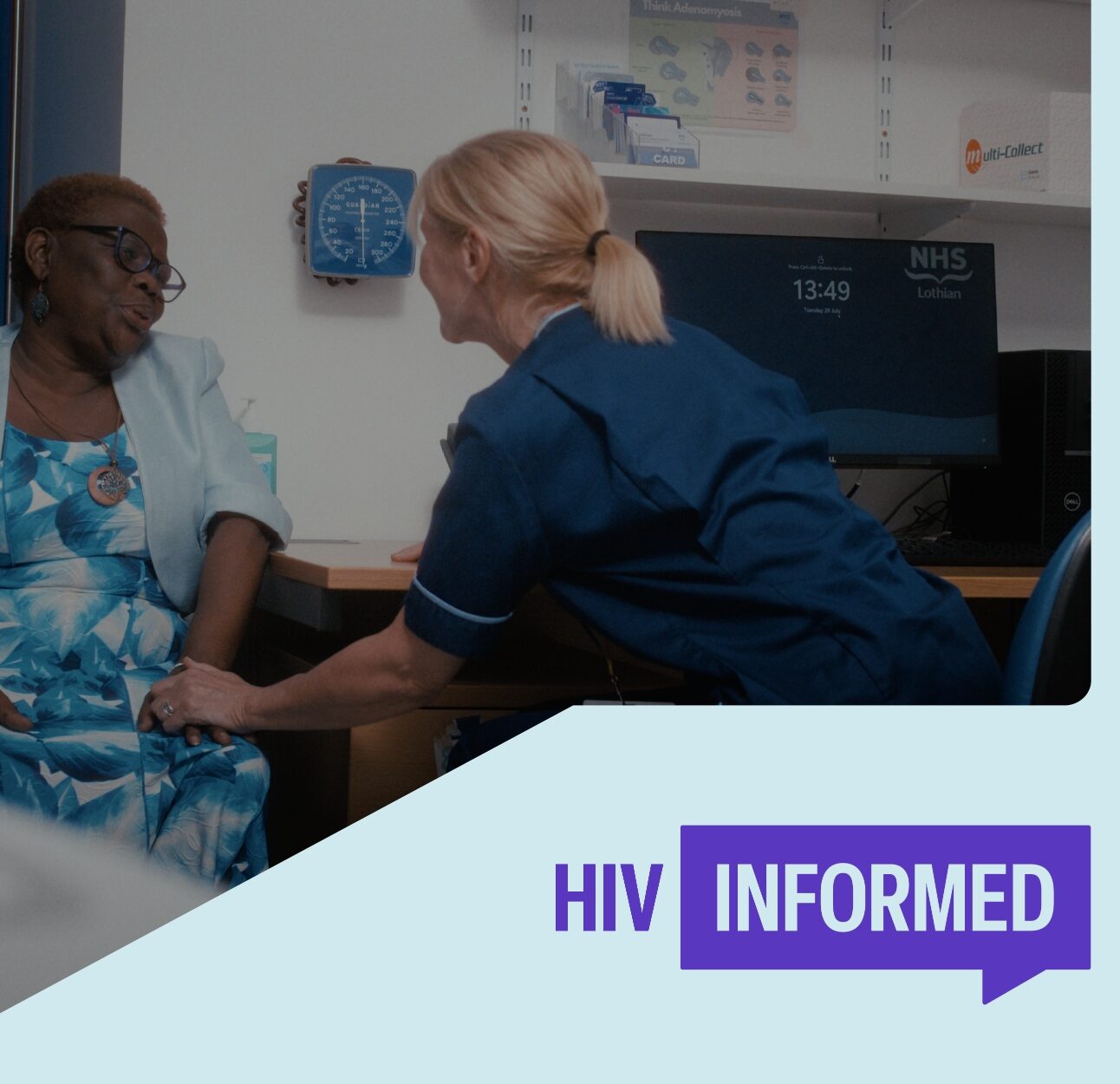
Featured
HIV Informed Learning Hub
Waverley Care has launched ‘HIV Informed’ this World AIDS Day – a new learning hub to tackle HIV stigma in Scotland’s health and social care workforce.
We regularly update our news page with blogs, research, policy updates and good news stories.

Featured
Waverley Care has launched ‘HIV Informed’ this World AIDS Day – a new learning hub to tackle HIV stigma in Scotland’s health and social care workforce.
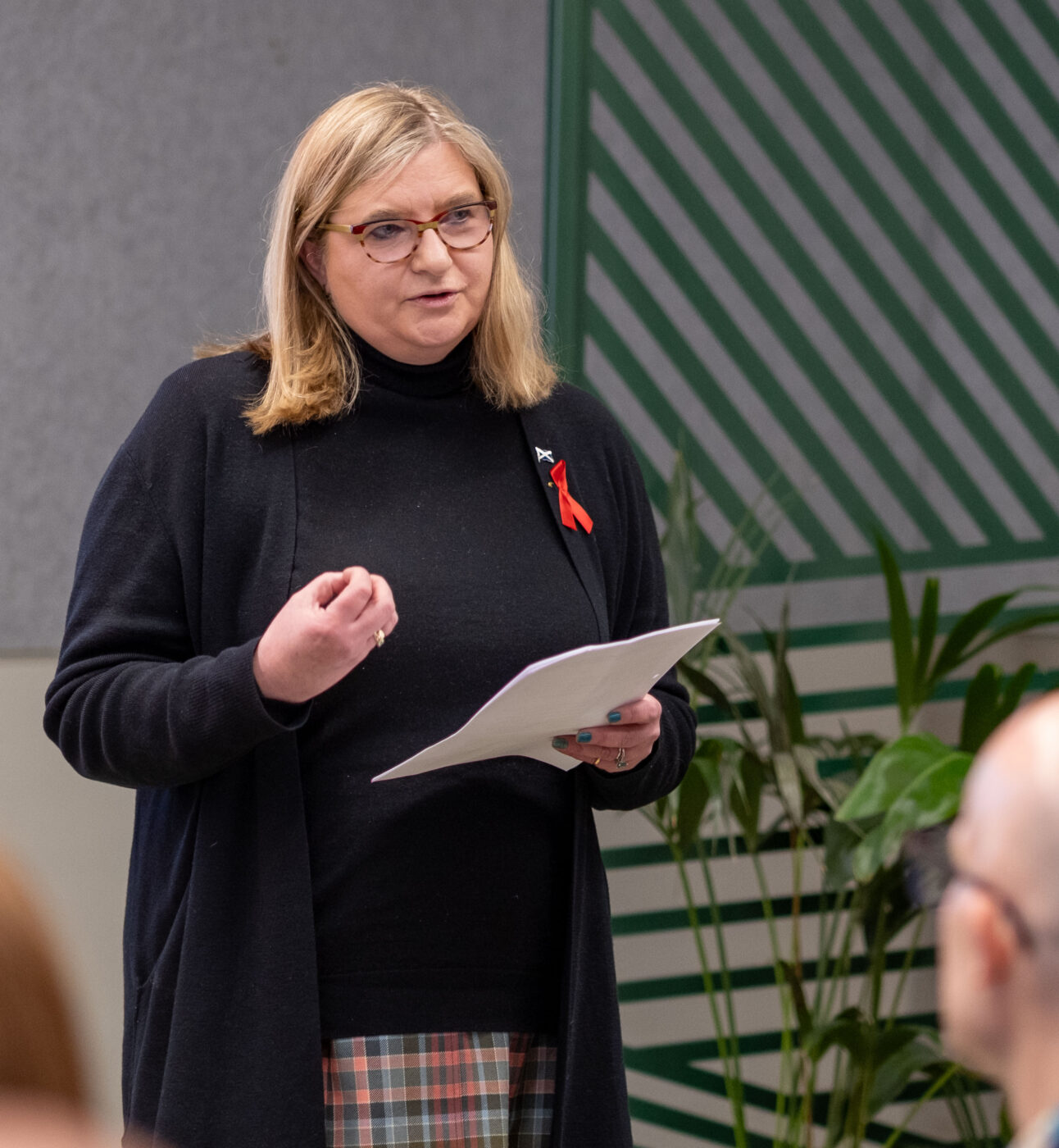
Featured
Scotland Comes Together for World AIDS Day 2025: Honouring Lives, Tackling Stigma, and Looking to the Future

Featured
Leading HIV charities, Waverley Care, Terrence Higgins Trust (THT) and National AIDS Trust (NAT) were welcomed to the Scottish Parliament ahead of World AIDS Day.
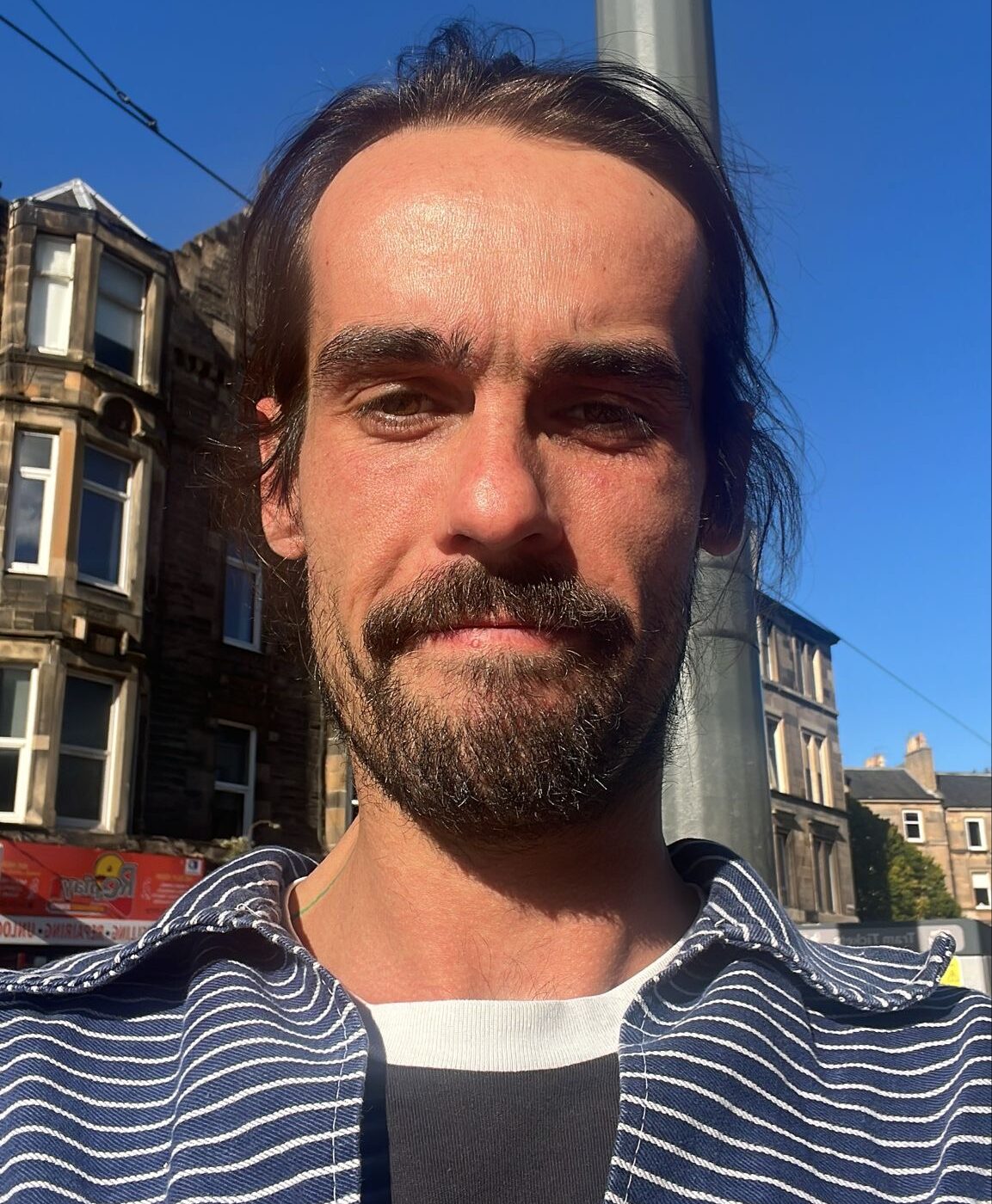
Featured
This Worlds AIDS Day, can you help people living with HIV feel less isolated, reduce stigma, and build the community and confidence they need to live well?

HIV Aloud: Raise the Curtain is a creative writing and theatre project by Edinburgh Playhouse and Waverley Care, running from January 2026 and culminating in a summer showcase to challenge HIV stigma in Scotland.

Featured
We spoke with Ese Johnson, Minority Ethnic Communities Manager at Waverley Care, whose work focuses on improving how we understand HIV and Hepatitis C across Minority Ethnic Communities in Scotland.
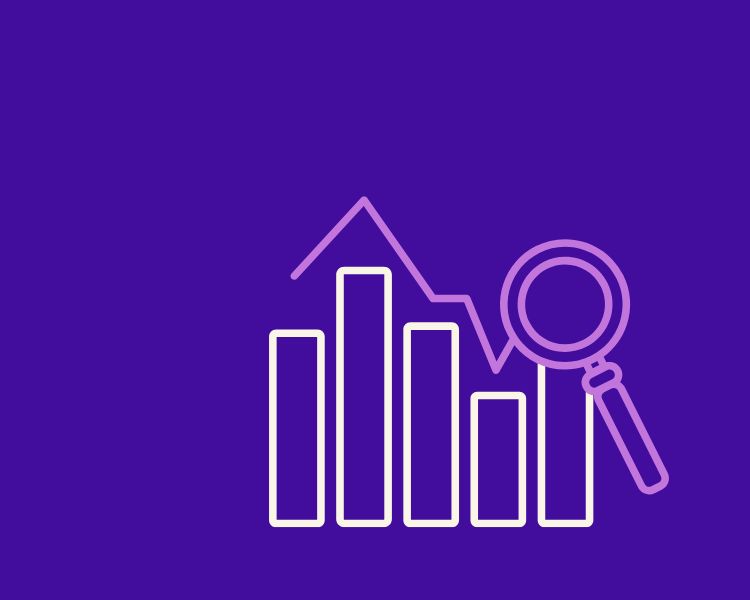
Featured
We welcome today’s HIV in Scotland: update to 31 December 2024 from Public Health Scotland. The data shows encouraging progress, with Scotland moving closer to the UNAIDS 95-95-95 targets. But the report also makes it clear where action is urgently needed.
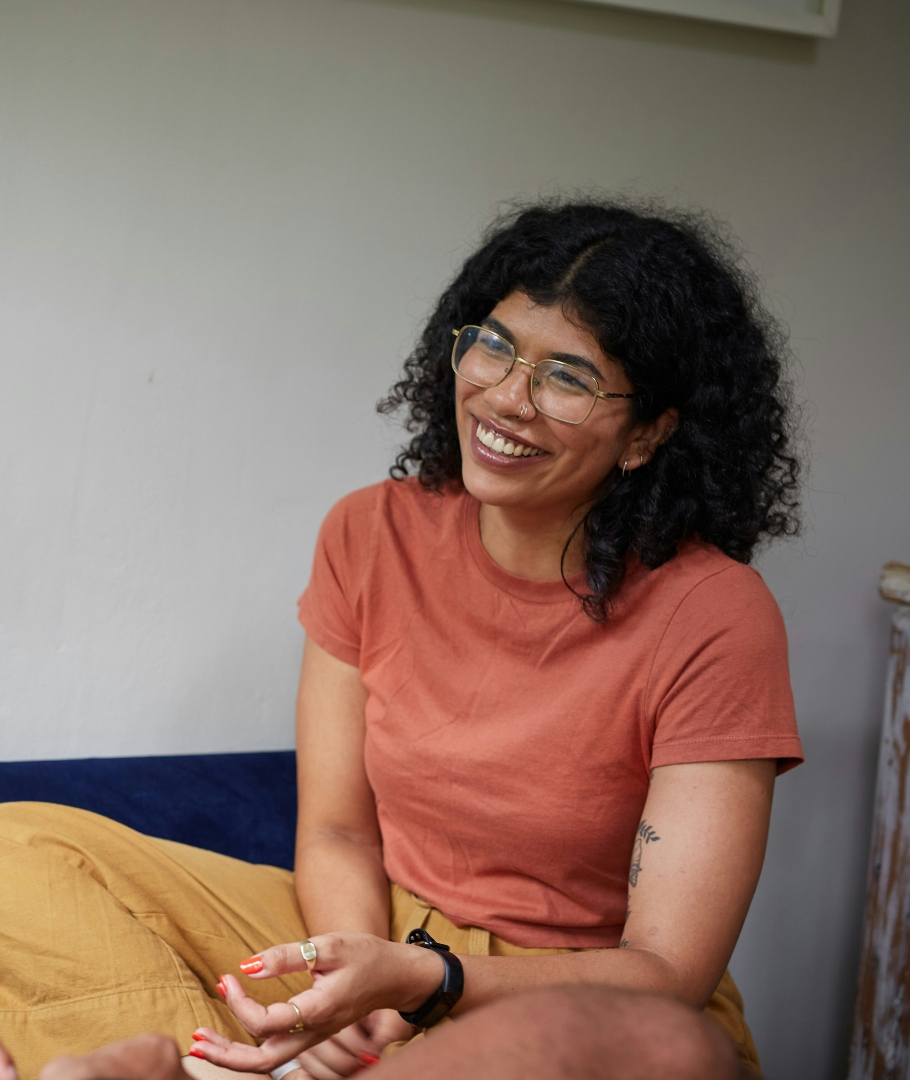
Featured
Every life deserves care, connection, and hope. This World Suicide Prevention Day, we’re standing together for a Scotland where mental health is supported, stigma is challenged, and no one living with HIV is left behind
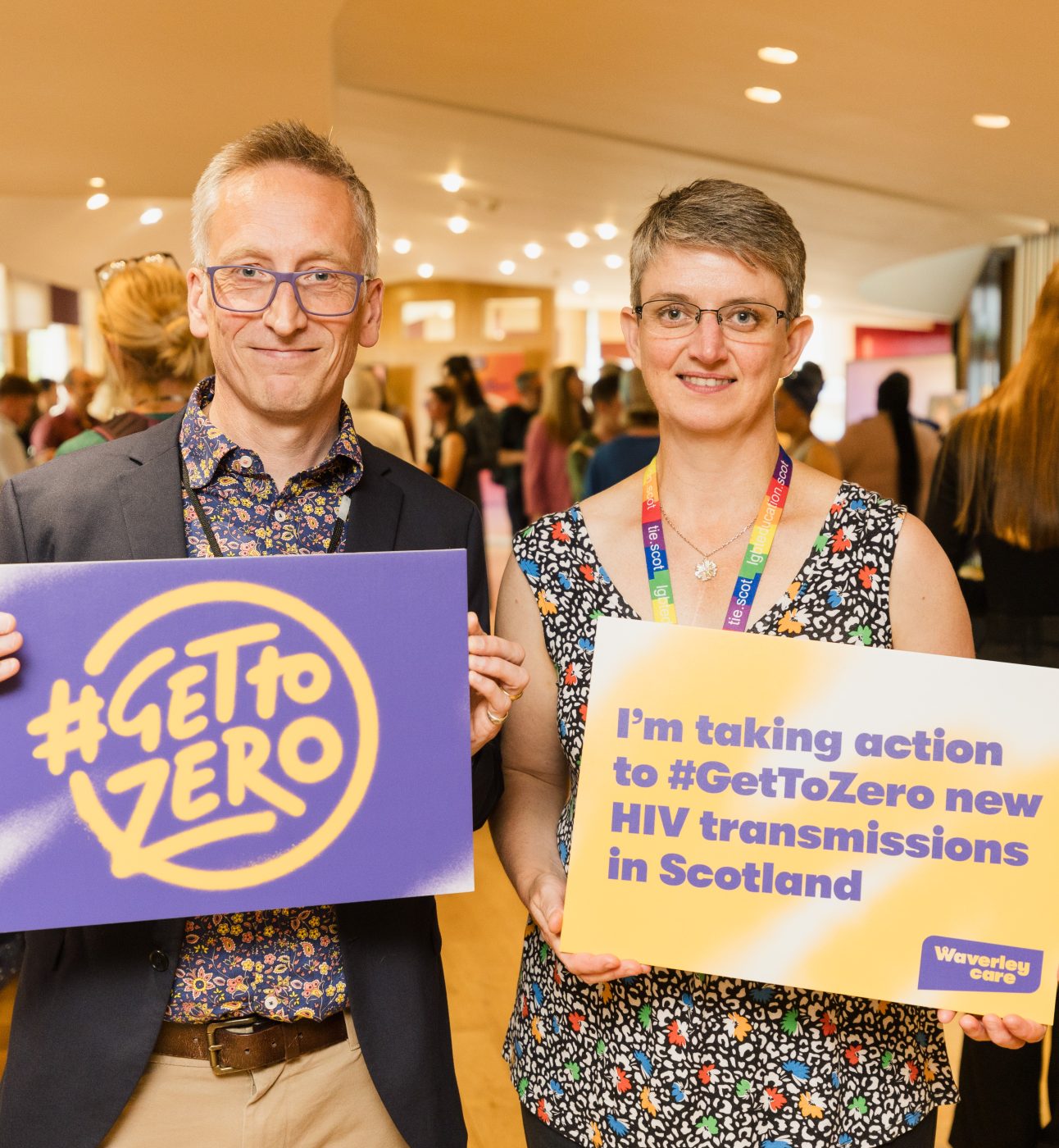
Featured
On Thursday, 12 June 2025, Waverley Care hosted a parliamentary roundtable event, The Road to 2030 – Progress Towards Ending HIV Transmission in Scotland, in partnership with Terrence Higgins Trust and kindly sponsored by Gilead Sciences.
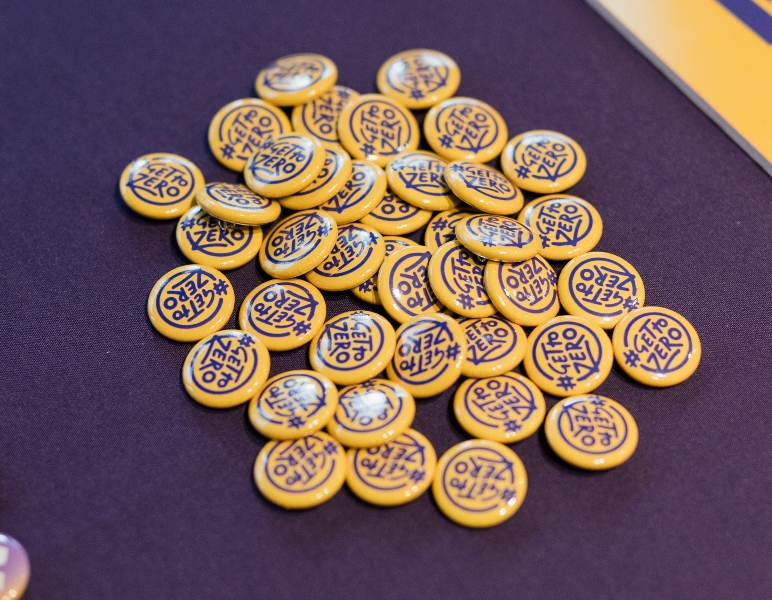
Featured
Public Health Scotland has published its ‘Progress Towards Ending HIV Transmission in Scotland by 2030 Mid Plan Report.
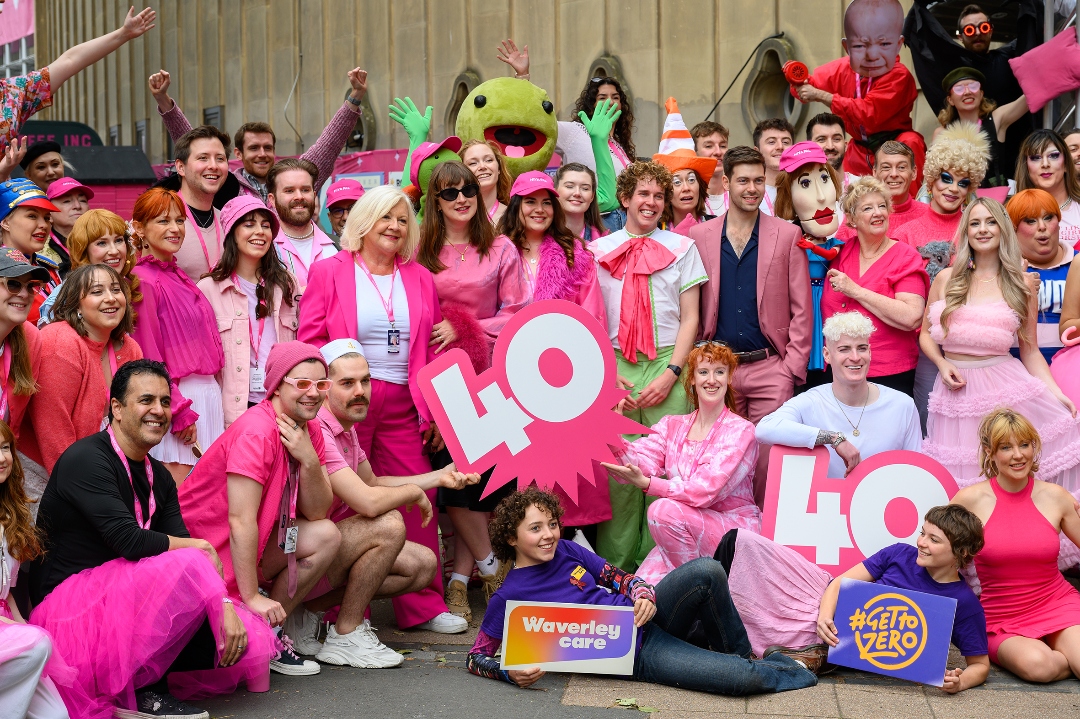
We are thrilled and honoured to be the charity partner of Gilded Balloon's 'Pink Wednesday' 2025!
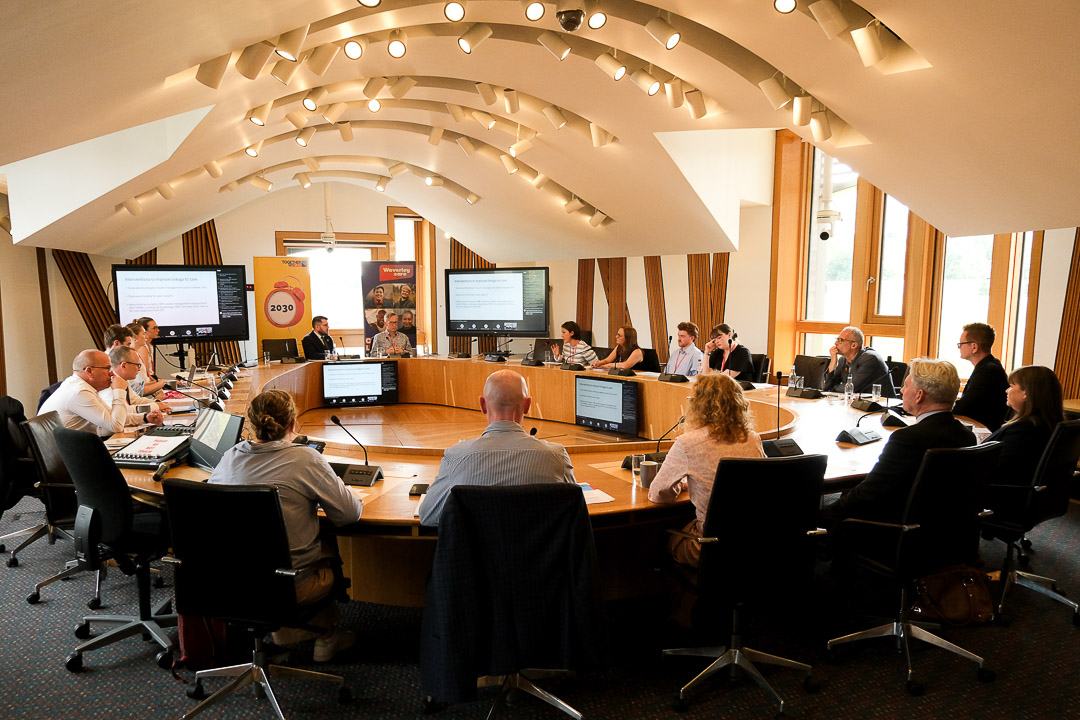
Featured
In partnership with Terrence Higgins Trust, we have today [31 July 2025] published: "Progress towards ending HIV transmission in Scotland: Assessing the HIV Transmission Elimination Delivery Plan."
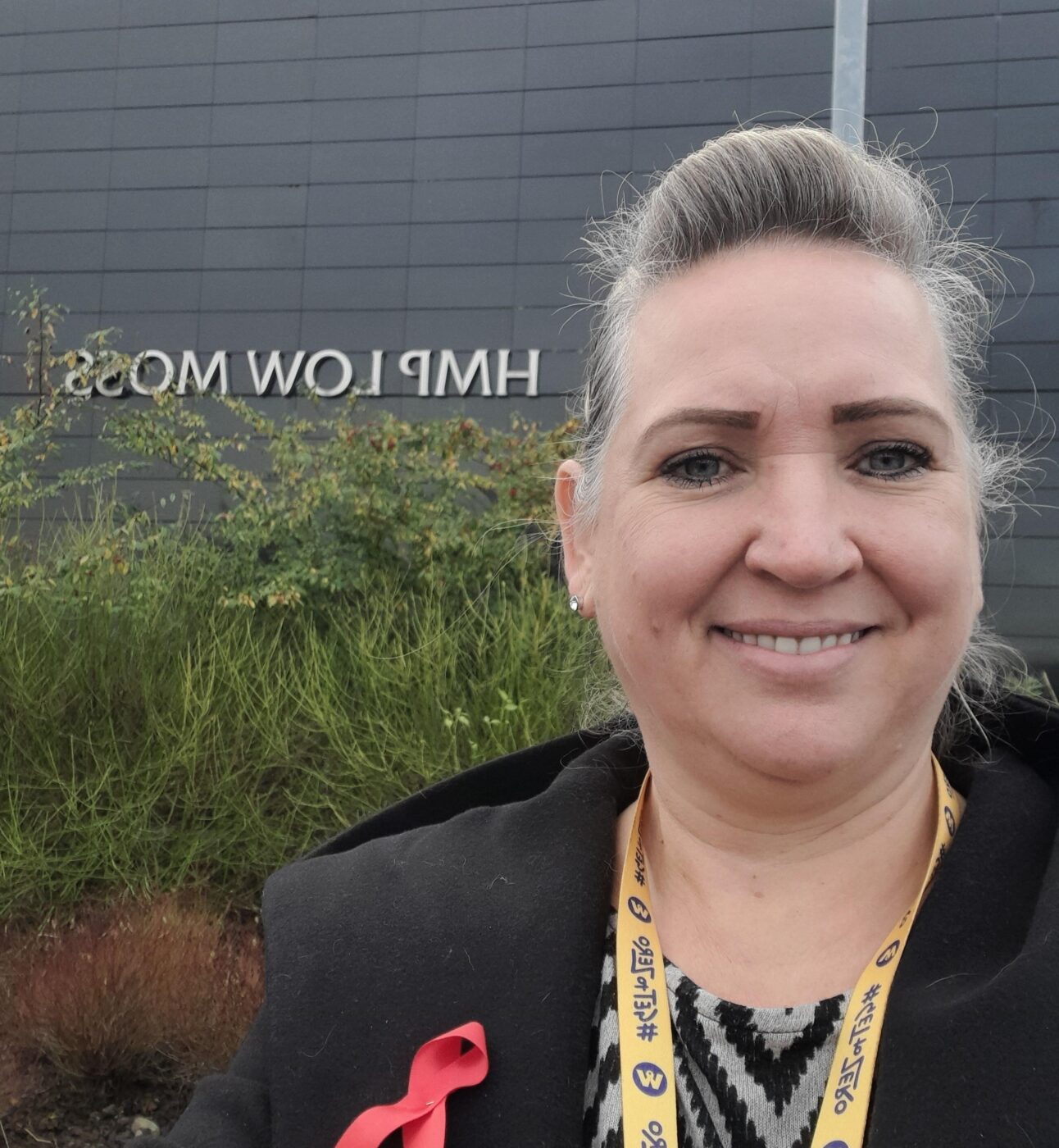
Featured
We spoke with Wendy Cooper, Development Manager, who leads Waverley Care’s Prison Link Project, supporting people in prison or connected to the justice system who are living with a blood borne virus, helping them stay safe, healthy, and supported inside and beyond prison.

Featured
We spoke with Talal Ahmed, Community Engagement Officer at Waverley Care. Talal works with Minority Ethnic communities in Scotland, helping people access information, HIV testing, PrEP, and support in a way that feels safe and respectful.
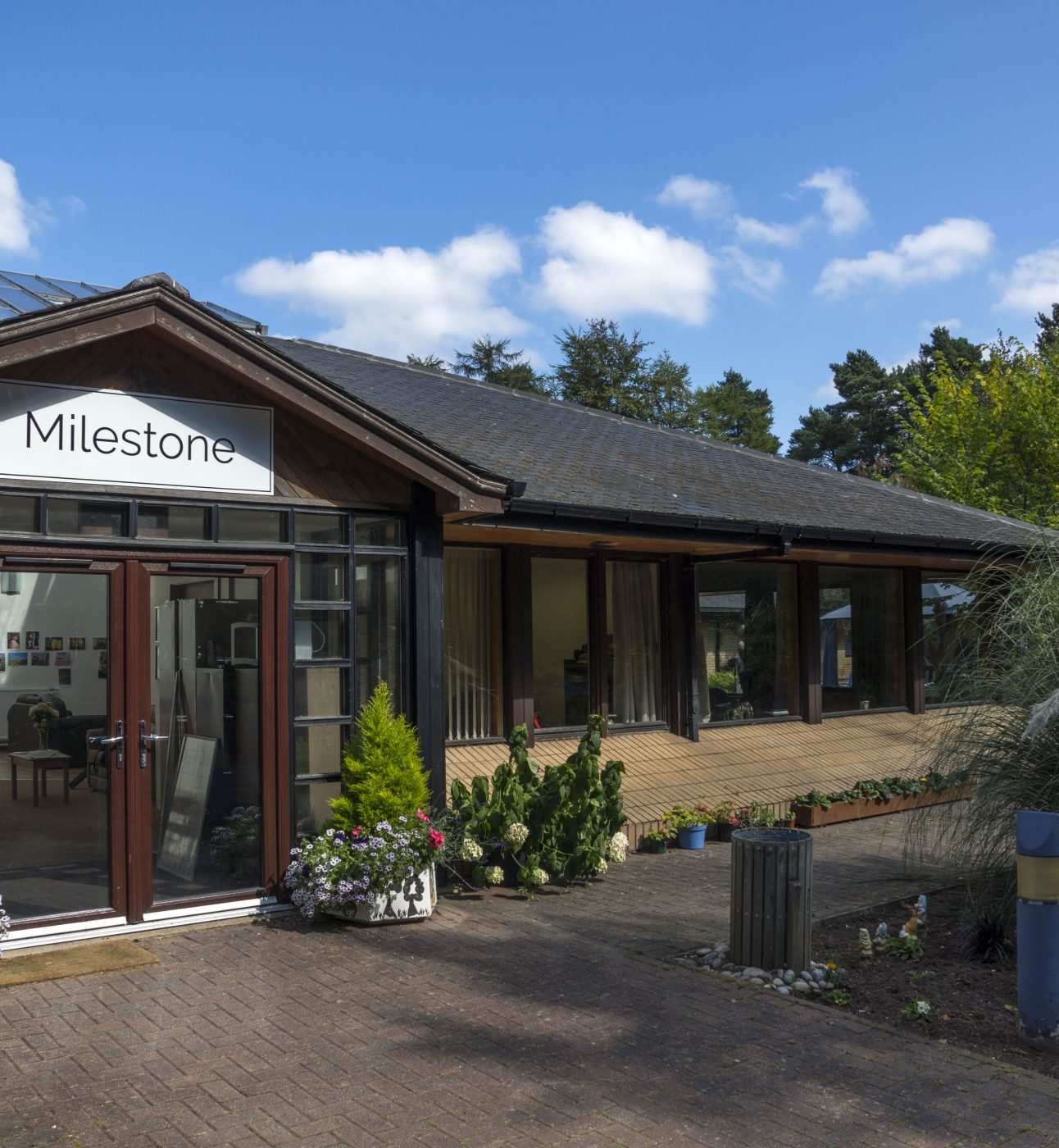
Featured
A Fond Farewell to Milestone House: A New Chapter for Waverley Care For over three decades, Milestone House has been a sanctuary of care, compassion and community for people living with HIV. It was the UK’s first purpose-built AIDS hospice, and it holds an important place in both Waverley Care’s history and the lives of countless individuals and families. But as the landscape of HIV care has changed, so must we.
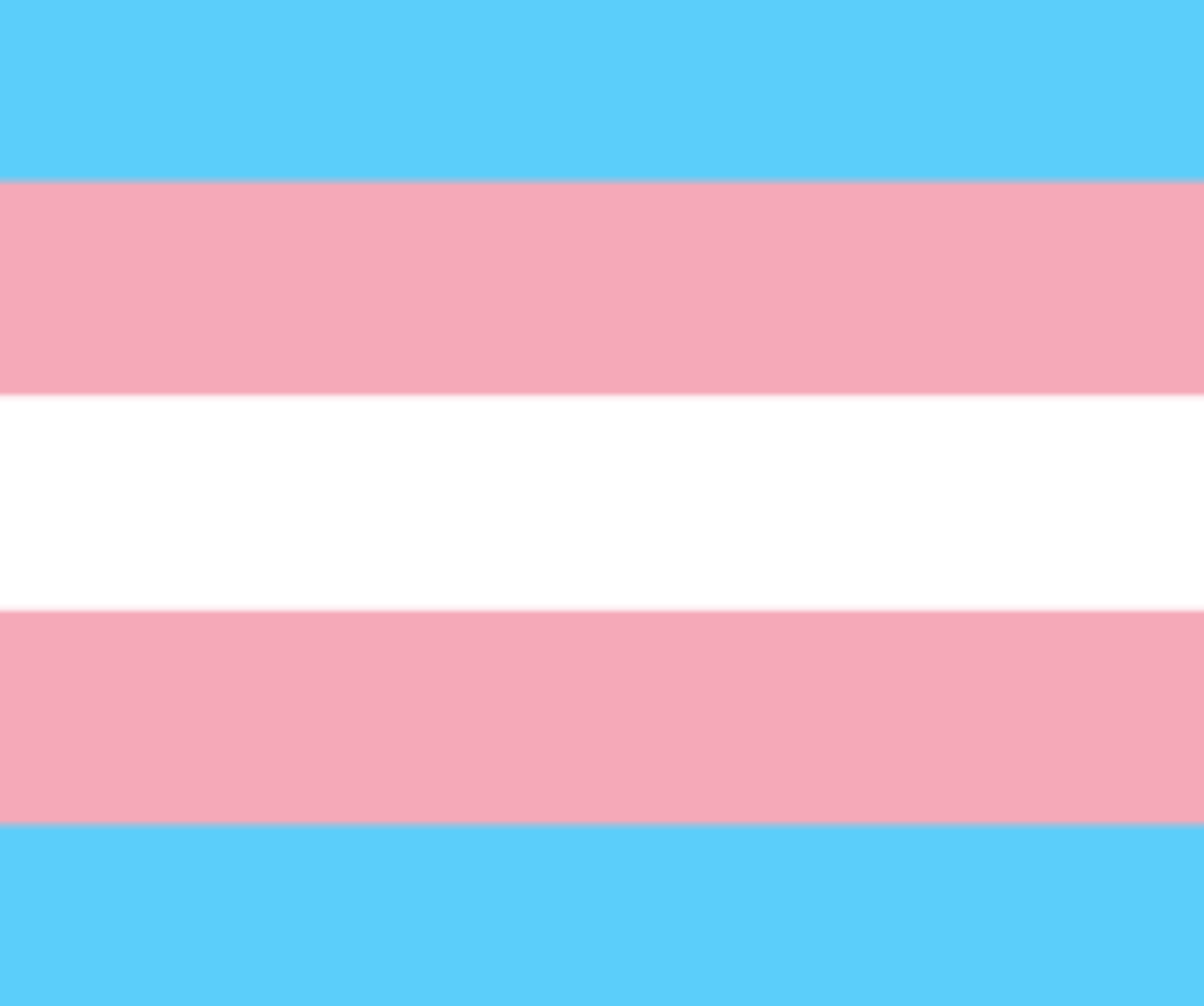
Featured
HIV organisations have come together to call for the EHRC draft guidelines to be withdrawn.